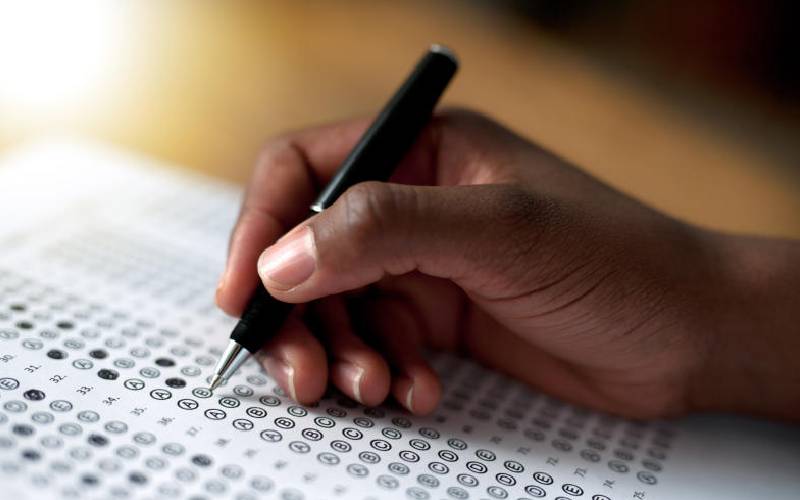×
The Standard e-Paper
Join Thousands Daily

“Mass failure!” screamed the national dailies last week. The results of tests taken by two classes - Grade 4 and Standard 8 - that reported back after the Covid-19 pandemic, make for depressing reading. Obviously, this will call for serious soul-searching and hand-wringing in the education sector.